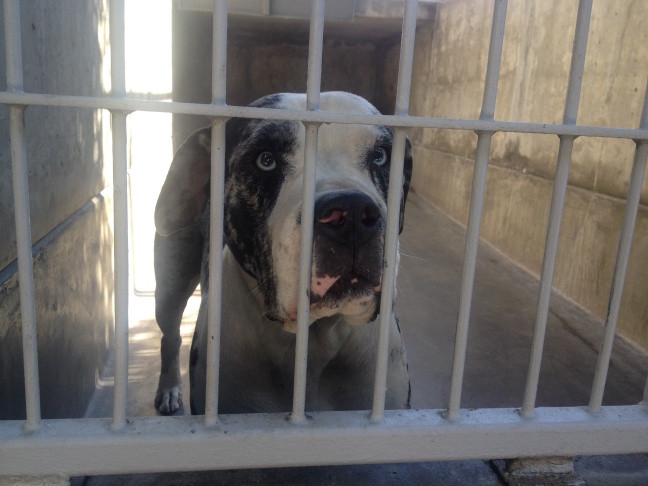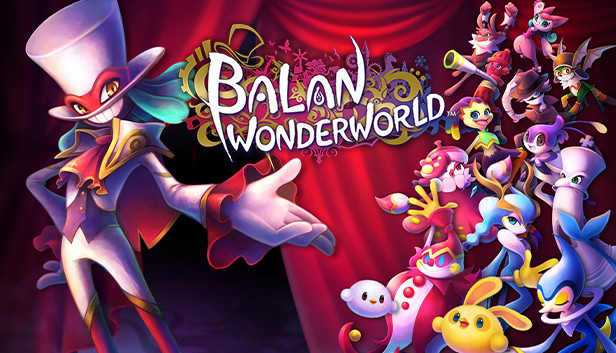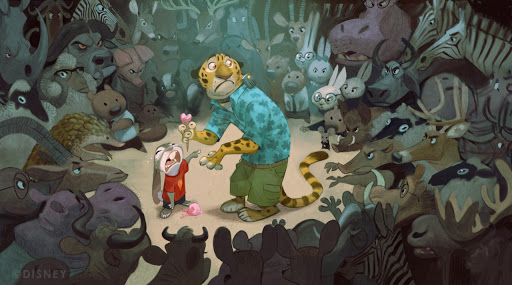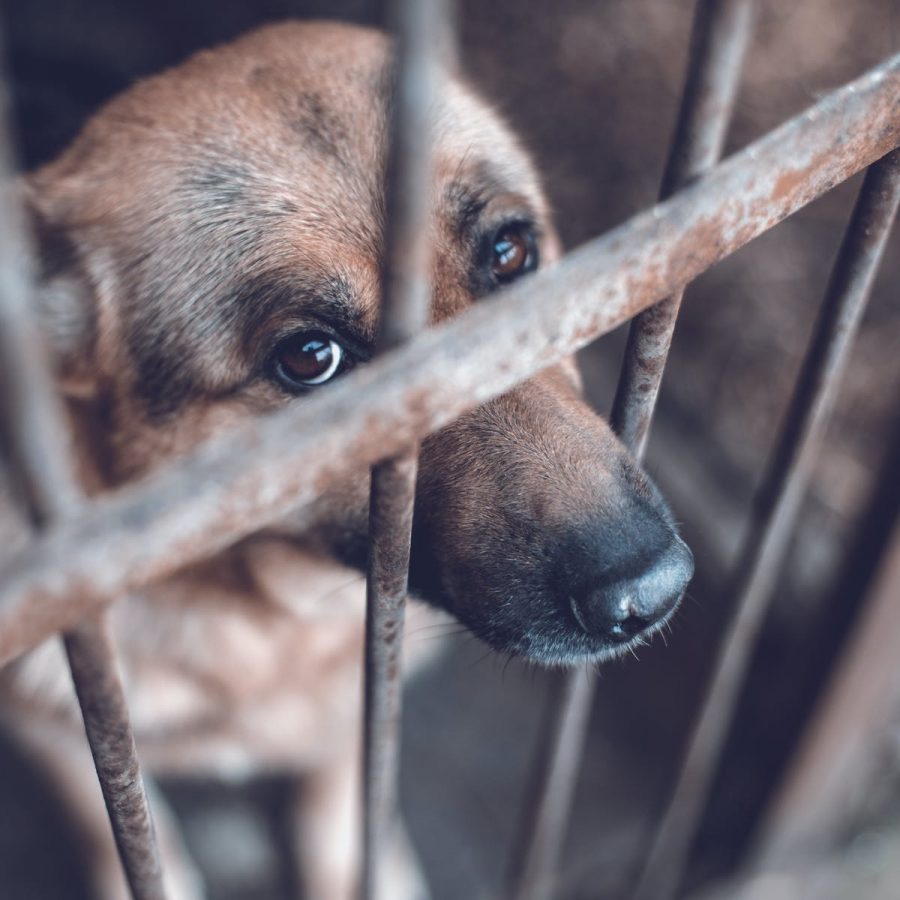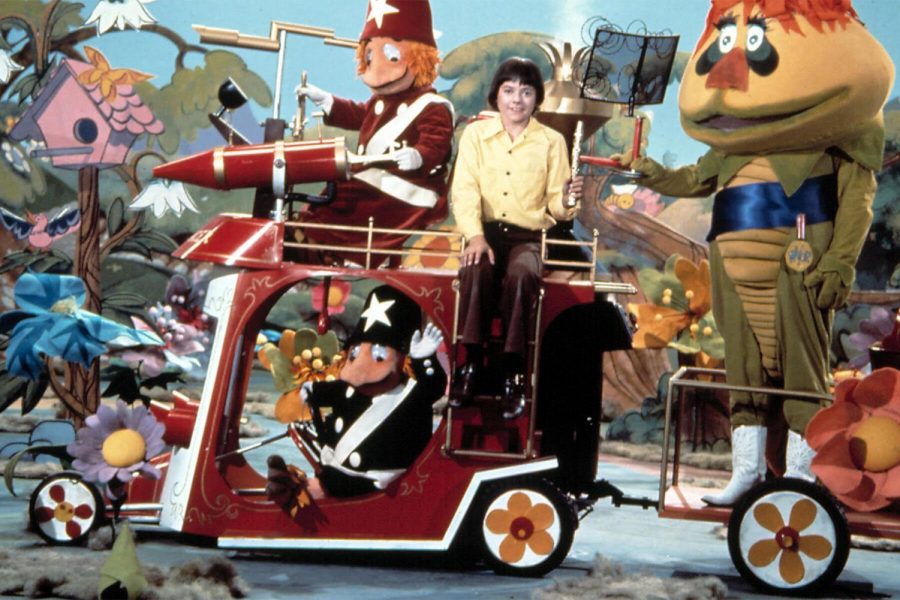Often when it comes time for many people and families to consider finally adopting their own little furry friends, a very common misconception that people unknowingly stumble into is whether they should adopt from a private or a municipal shelter. Unfortunately, when people look into municipal, or kill shelters, all they really see is the word “kill” in the name. They assume that these shelters choose to euthanize animals, rather than give them a chance, which is a common misconception.
People even note how they’d never volunteer at a kill shelter, or much less step foot inside one. Unfortunately because of this, kill shelters have been given the least support and financial aid when compared to private shelters, which is something we need to change. Instead of choosing to support private shelters, we should absolutely be doing the opposite.
A very common mistake that people make between municipal and private shelters is that municipal shelters are actually government-run shelters. This means that they are part of the governmental body, and they often are given budgets from the government itself. As YouTuber Kitten Lady says, these shelters “are contractually obligated to serve the public as a whole.”
Because these are government-run shelters, they are obligated to accept any animal and give it a chance, regardless of its past history, its current state of health, and even the type of animal it is. Snakes, birds, and turtles are all taken in, and they even accept animals from hoarding situations or free-roaming animals that may just need a little bit of medical attention.
However, private shelters are not granted this same type of freedom, because they are run as non-profit organizations. This means that they can only accept specific types of animals from specific scenarios. Additionally, it also means that they only accept a small number of animals that they can take in at a time, known as “limited admission.”
Since municipal shelters have “open admissions”, this means it’s more difficult to get all of the animals within the shelter adopted because of the sheer capacity and numbers of these animals. If people avoid these kill shelters for fear of animals being euthanized, it will actually increase the number of animals being euthanized. Instead, they should try to balance the amount of animals that these municipal shelters are bringing in by choosing to foster or adopt them.
Another more humanistic dilemma that exists when it comes to open admission shelters is the way that people treat those working in these shelters. Many people who are unfamiliar with the process of open-admission shelters berate the staff and protest these shelters to close down. However, according to the Kitten Lady, “if you’re being disparaging of your local open admissions shelter, you’re actually helping to create the problem that you’re complaining about.”
Not only that, but there is a high rate of suicide that unfortunately affects many shelter staff and employees. Often, those who work there are accused of contributing to the false rhetoric of the suffering of animals. Yet those people spend countless hours taking care of animals coming in by the dozens, day-by-day, without so much as even a thank you.
In the end, both municipal and private shelters are extremely useful, and one is not necessarily better than the other. Both have their own unique qualities that make them the better choice for anybody who wishes to adopt. However, instead of contributing to the demonization and false interpretation of information when it comes to “kill” shelters, we should instead be first in line to help these animals in need.
We should help to build a future where “no kill” will become much more common within municipal shelters, and this won’t be accomplished by pointing fingers or shaming those who work at them. Instead, we should be actually lending them a hand.
It’s much easier for people to pin the blame and shout “animal abuse” at these shelters than to actually have the guts to go and volunteer in their local community. If you want to help out even for a bit, fostering one kitten, puppy, or whatever animal you wish, will make a whole world of difference for animals in need.





